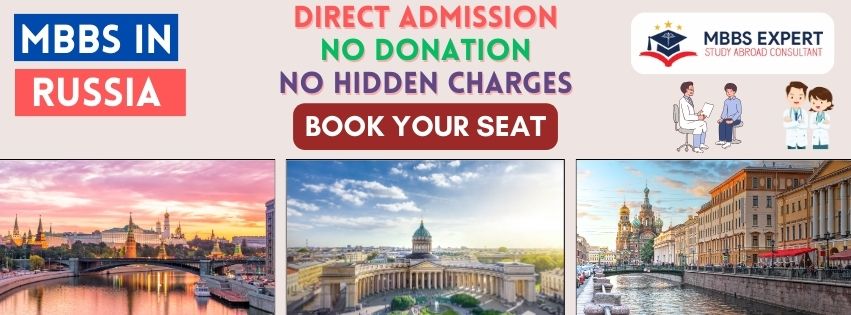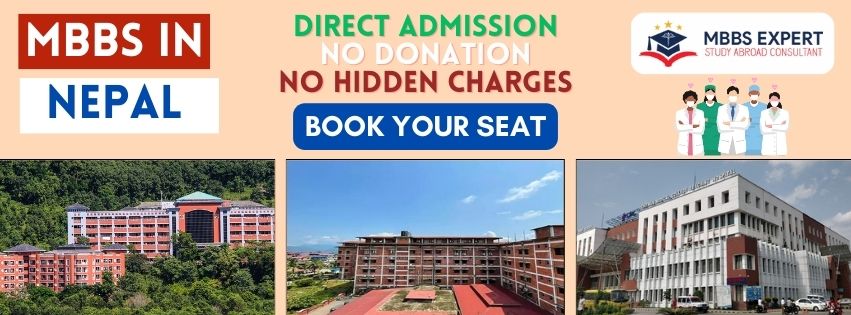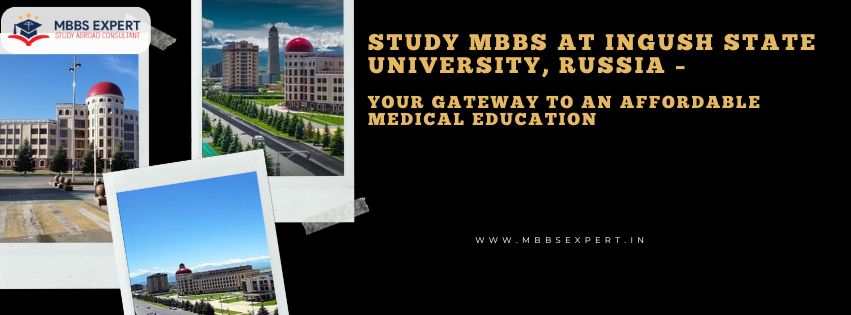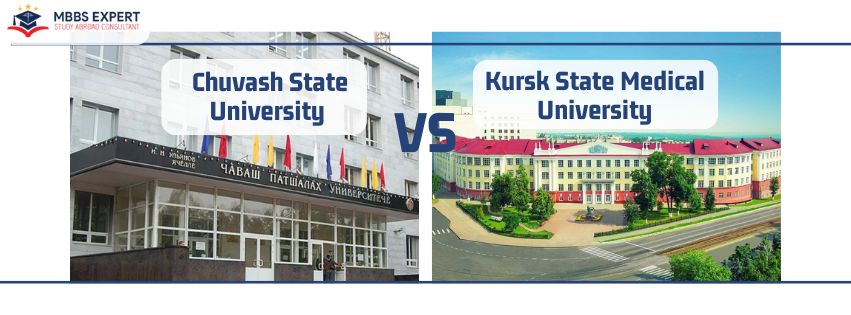Study MBBS at Ingush State University, Russia – Your Gateway to an Affordable Medical Education…
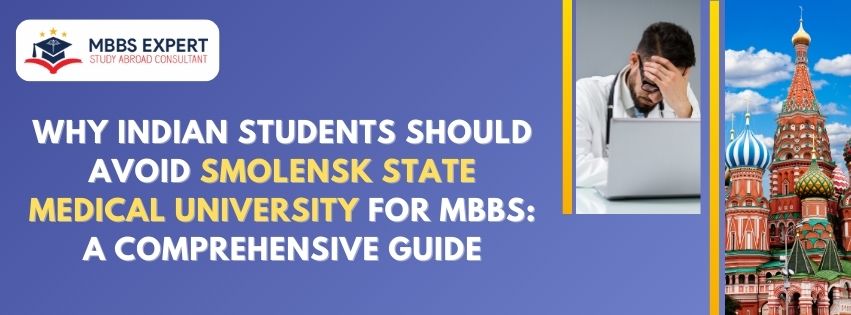
Why Indian Students Should Avoid Smolensk State Medical University for MBBS: A Comprehensive Guide
![]()
Why Indian Students Should Avoid Smolensk State Medical University for MBBS: A Comprehensive Guide

Introduction
Choosing the right medical university is a crucial decision for aspiring doctors. For Indian students, studying MBBS abroad has become a popular option due to limited seats and high competition in India. Russia is one of the favored destinations, with several universities offering MBBS programs at relatively affordable costs. However, not all universities live up to the expectations and requirements of international students. Smolensk State Medical University (SSMU) is one such institution that Indian students should approach with caution. This comprehensive guide highlights the key reasons why Indian students should avoid pursuing their MBBS at SSMU.
1. Language Barrier and Quality of Education
One of the most significant challenges Indian students face at SSMU is the language barrier. Despite claims of English-medium courses, many students report that a substantial portion of the curriculum is taught in Russian. This poses a significant hurdle as mastering medical terminology in a foreign language can be daunting. Furthermore, the quality of education is often compromised due to the language issues. Inadequate English proficiency among faculty members can lead to poor communication and understanding, impacting the overall learning experience.
2. Lack of Experienced Faculty
The reputation of a medical university heavily relies on its faculty. At SSMU, there are concerns regarding the lack of experienced and qualified teachers, particularly in the English-medium courses. Many students have reported that the teaching staff often comprises young graduates with limited practical experience. This can severely affect the quality of education and clinical training, which are crucial for a successful medical career.
3. Poor Clinical Exposure
Clinical exposure is an essential part of medical education, allowing students to apply theoretical knowledge in real-world settings. Unfortunately, SSMU falls short in providing adequate clinical training. The hospital affiliations and patient inflow are not up to the mark, limiting students’ hands-on experience. This inadequacy can result in graduates who are underprepared for real-world medical practice, which is particularly concerning for those who plan to return to India or practice medicine in other countries.
4. High Failure Rates
Another alarming issue at SSMU is the high failure rates among Indian students. Several factors contribute to this, including language barriers, poor quality of education, and lack of proper guidance and support. High failure rates not only affect students’ morale but also lead to prolonged study periods and increased financial burden. This is a significant concern for parents who invest their hard-earned money in their children’s education abroad.
5. Scams by Student Agents and YouTubers
The role of student agents and YouTubers in guiding prospective students has grown significantly. However, many of these agents and influencers promote universities like SSMU for their commissions rather than the quality of education. These individuals often paint a rosy picture of the university, concealing the drawbacks and challenges students might face. Indian students should be wary of such scams and conduct thorough research independently before making any decisions.
6. Recognition and Accreditation Issues
While SSMU is listed in the World Directory of Medical Schools, it is essential to verify the recognition and accreditation status of the university with relevant authorities in India. The National Medical Commission (NMC) has specific guidelines for foreign medical graduates. Graduating from a university that does not meet these guidelines can lead to complications in getting a license to practice in India. It is crucial to ensure that the chosen university complies with the Foreign Medical Graduate Licentiate (FMGL) Regulations 2021.
7. Accommodation and Living Conditions
Living conditions and accommodation are vital aspects of studying abroad. SSMU has been criticized for inadequate hostel facilities and poor living conditions. Many Indian students have reported issues such as overcrowded rooms, lack of basic amenities, and safety concerns. Adapting to such conditions can be challenging and stressful, affecting students’ overall well-being and academic performance.
8. Cultural and Social Challenges
Adjusting to a new culture and social environment is an integral part of studying abroad. However, Indian students at SSMU often face significant cultural and social challenges. The cultural differences, coupled with language barriers, can lead to feelings of isolation and homesickness. Additionally, there have been instances of racial discrimination and bullying, making it difficult for Indian students to integrate and feel comfortable.
9. Financial Implications
While the tuition fees at SSMU might seem affordable initially, the hidden costs and additional expenses can add up. The extended duration of study due to high failure rates, coupled with the cost of retaking exams and supplementary coaching, can significantly increase the financial burden. Parents and students should consider these factors and plan their finances accordingly to avoid financial strain.
Conclusion
Choosing the right medical university is a crucial decision that can shape one’s future career. While studying MBBS abroad offers several opportunities, it is essential to be cautious and well-informed. Smolensk State Medical University, despite its initial allure, presents several challenges and drawbacks for Indian students. From language barriers and poor quality of education to high failure rates and financial implications, the risks outweigh the benefits.
Indian students should thoroughly research and consider other options that provide better education, clinical exposure, and overall support. Consulting with reliable sources, interacting with current students, and verifying accreditation status with the National Medical Commission are essential steps in making an informed decision.
In the pursuit of a medical career, it is imperative to prioritize quality education and overall well-being over convenience and cost. By avoiding institutions like SSMU, Indian students can ensure a brighter and more secure future in the field of medicine.

